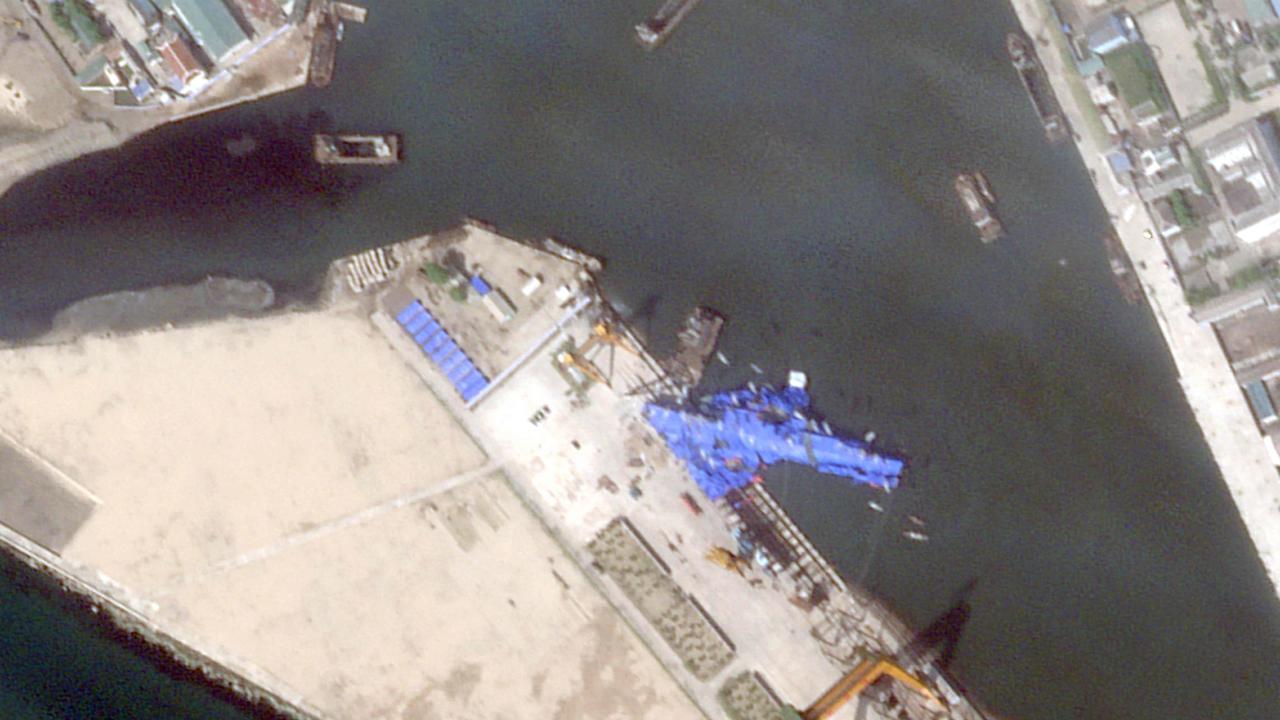Powerful players in Israel-Hamas war: What we know
There are a handful of major players in the conflict between Israel and Palestinian militant group Hamas. See who they are.
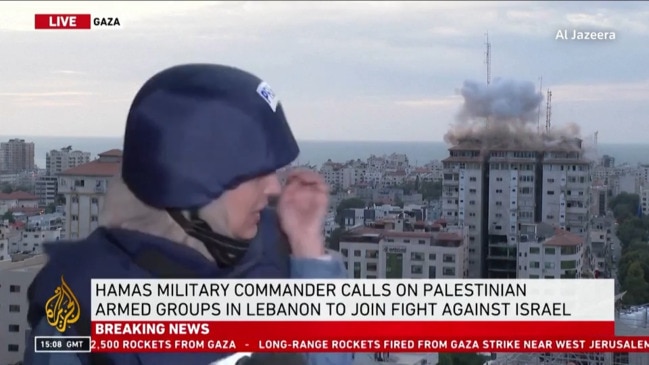
With Israel declaring war on Palestinian militant group Hamas following its deadly attack, we take a look at the key players.
HAMAS
Militant Islamic group that refuses to recognise the State of Israel that was started by high profile cleric Sheikh Ahmed Yassin in 1987 initially as a political movement to counter the more violent Palestinian Islamic Jihad (PIJ).
Its name is an acronym for Harakat al-Muqawama al-Islamiya (Islamic Resistance Movement) but within a year it too pledged the destruction of Israel.
In 2006 the militant group won a majority of seats in a Palestine legislative election and a year later took control over Gaza in a brief civil war ousting Fatah forces loyal to the elected Palestinian president Mahmoud Abbas. It remains one of two political groups running Palestine.
Since 2007 it has waged war against Israel from Gaza with dozens of attacks over the years although nothing on this scale. In most Western countries the group is listed as a terrorist organisation. Hamas also operates from the West Bank. The group has various leaders, but Ismail Haniyeh is seen as the head of the collective and largely operates out of Qatar since he has restricted movement in and out of Gaza from Egypt.
He particularly opposes any normalisation of relations between Israel and any Arab country notably the United Arab Emirates and Saudi Arabia. Yahya Sinwar is Hamas’ direct leader in Gaza, who previously served two decades in an Israeli jail. Marwan Issa and Mohammed Deif command Hamas’s military wing, the Izz ad-Din al-Qassam Brigades. Deif led and part masterminded the current assault.
ISRAEL
Prime Minister Benjamin Netanyahu formally declared war with support of his Cabinet after the unprecedented Hamas attack on Israel.
He is the longest serving prime minister in Israel’s history having served for more than 16 years.
The 73-year-old, known largely as Bibi, retook office in December 2022, forming a coalition with several right wing parties and despite being indicted on charges of breach of trust, fraud and bribery.
He was stripped of all portfolio ministries except for the top job. The charges, filed by the Attorney-General in 2019, are still pending having been delayed due to Covid and other issues.
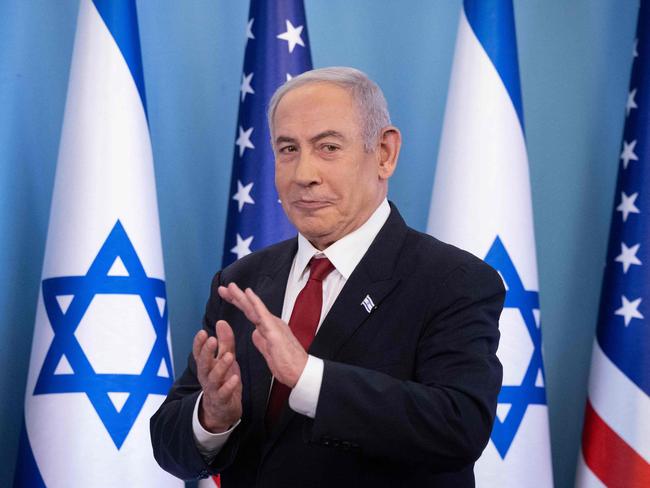
In February this year he approved the legalisation of settler posts in the occupied West Bank in a move that was protested by Israeli peace groups as sanctioning the unofficial annexing the disputed territory.
He has also been in the process of overhauling the judiciary and has been accused of using the move to circumvent his own legal problems.
After the Hamas assault, he called on the Opposition to form a unity government including with liberal former prime minister Yair Lapid and his Yesh Atid party in a move largely seen as an opportunity for Bibi to oust the more rigid and right wing Zionist parties in his coalition in favour of a more centrist coalition party.
HEZBOLLAH
Founded by the Revolutionary Guard in Iran in 1982 initially to fight Israeli forces in Lebanon.
The Lebanese group carries significant sway over the Lebanese government, remains backed by Iran and has declared “solidarity” for Palestine post the Hamas-led assault.
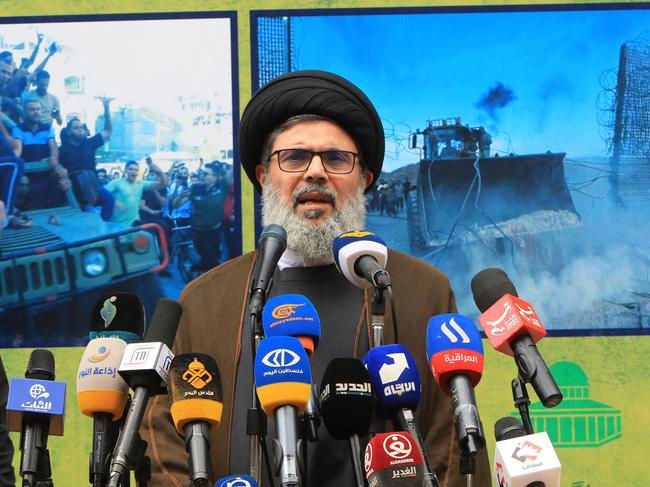
The Shiite group is a heavily armed force and its military wing specifically, as opposed to its political wing, is also deemed a terrorist organisation.
In 2006 it carried out a five-week war with Israel that killed more than 1200 mostly civilian Lebanese with Hezbollah firing thousands of rockets into Israel. It came to prominence when forces were deployed to Syria in 2012 to help President Bashar al-Assad fight Sunni forces. It has been accused of being behind numerous attacks on Western targets over the years. Hezbollah signalled its support for Hamas, targeting Israeli positions in southern Lebanon on the weekend but no casualties have been reported.
IRAN
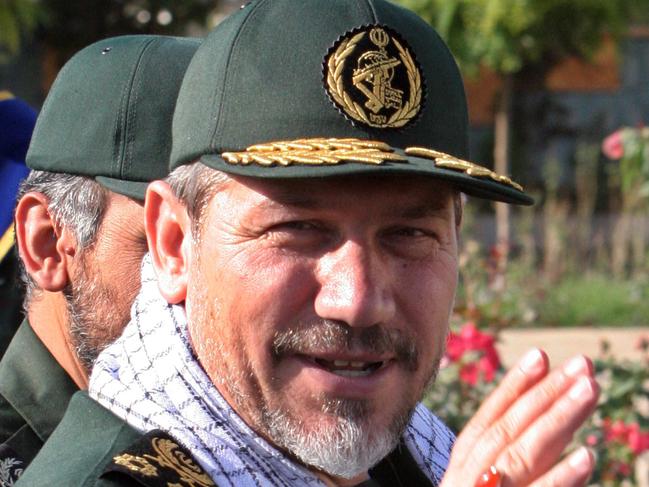
Major General Yahya Rahim Safavi, a senior military adviser to Iran’s Supreme Leader Ali Khamenei on the weekend congratulated Palestinian Hamas fighters for launching its assault on Israel.
The gesture was seen by Western intelligence as a worrisome signal that could prompt Iran to take a more overt stance in the conflict. Iran has already been called out for covertly assisting Hamas with weapons technology and military strategy to have launched the current strike. Iranian President Ebrahim Raisi has since declared his country’s full support to Palestinian resistance groups against Israel “in the legitimate defence of the Palestine nation”.
He accused Israel and its allies, notably the United States, of jeopardising regional Middle East security. Iran’s Foreign Ministry spokesman Nasser Kanaani also congratulated Hamas on “opening a new page of resistance”. Iran has been a bitter foe of Israel since the 1979 Iranian revolution.
UNITED STATES
Currently sending an entire carrier group including the world’s largest aircraft carrier (USS Gerald R. Ford) with its complement of strategic fighter jets and four guided missile destroyers to the region. President Joe Biden has pledged any and every support for Israel including authorising the release of ammunition and equipment to the Israel Defense Forces. At this stage the air and sea deployment is to act as a deterrent to other militant groups looking to join or broaden the war but its mission brief remains unknown.
SAUDI ARABIA
One of the Middle East’s most significant powers that many were looking to to transform the volatile region for the better. Was on the cusp of a diplomatic deal of mutual recongition with Israel that was being hailed as a once inconceivable breakthrough in relations that could set up an era of peace in the region unknown since the time of the Ottomans. The Iran-backed Hamas assault might well have been prompted by the proposed signing of the Saudi-Israeli accord which has now been paused. The strategic engagement could now take years to come about if at all.
More Coverage
Originally published as Powerful players in Israel-Hamas war: What we know




